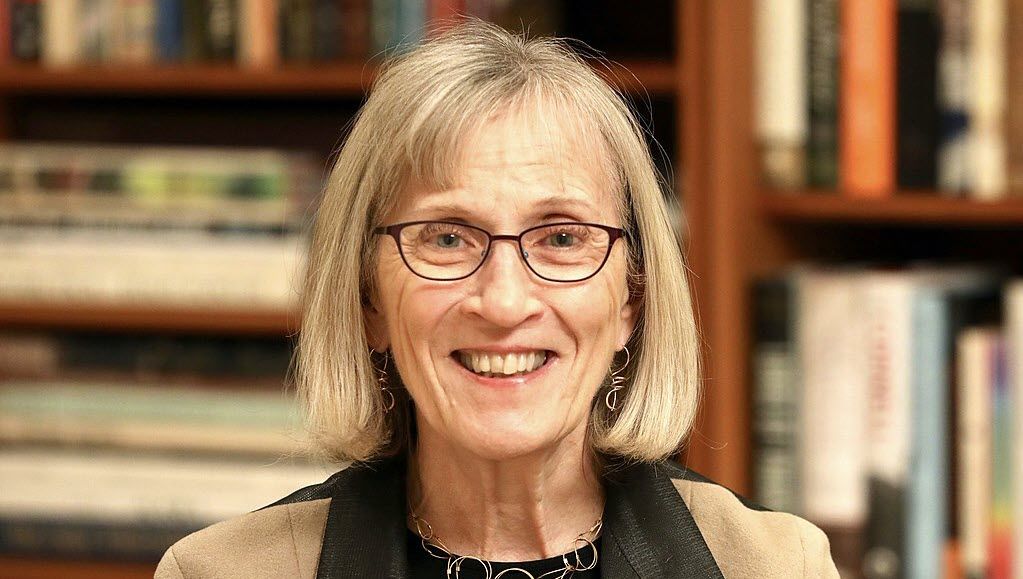Claudia Goldin discusses the role of greedy jobs in explaining the gender wage gap in the IMF podcast series "Women in Economics".
Source:
IMF podcast (09.06.2023 – Duration: 06:44)
On IMF's “Women in Economics” podcast series, renowned Harvard economist and pioneer in the field of gender economics, Claudia Goldin, recently discussed key findings from her longstanding research on the gender pay gap.

The gender pay gap refers to the difference in pay between men and women who work full-time. If no distinction is made based on professional status, years of service or education qualifications, a woman in the US earns 78 cents for every dollar a man makes. According to the Swiss Federal Office for Gender Equality, a woman in Switzerland earns 82 cents for every Swiss franc a man makes.
When differences in professional status, years of service and education qualifications are taken into account, this difference reduces to 7 to 8 cents per franc in Switzerland. This remaining difference – referred to as the unexplained wage gap – is often attributed to wage discrimination.
A new explanation for the gender pay gap
Although Claudia Goldin believes that wage discrimination does play a role, she offers an additional explanation. She argues that a large part of the unexplained wage gap is due to the fact that women still do a significantly larger share of unpaid care work. This typically includes childcare, but also care for the elderly.
In taking on these tasks, it is more difficult for women to work in jobs that require a lot of overtime and frequent business travel - which are precisely the jobs that pay disproportionately well. Goldin coined the term "greedy jobs" to describe such occupations..
This is difficult to change, partly because the division of care work within a couple has been slow to change, even as women's labor market participation has increased. Another reason is that in a couple with an equal division of care work, neither can pursue a "greedy job" - and thus money is left on the table.
Possible solutions
Claudia Goldin sees the route out of these inequities on the one hand through the reduction of costs for out-of-home childcare and care for the elderly, and on the other hand through technological innovations in the workplace that reduce the costs of flexible working hours for companies.
In addition, she would like to see an increasingly equal distribution of the remaining unpaid care work within a couple.
The full IMF-podcast with Claudia Goldin can be found here .
More information on Claudia Goldin’s book "Career and Family" including an interview with her can be found on the website of Princeton University Press here.
Claudia Goldin discusses the role of greedy jobs in explaining the gender wage gap in the IMF podcast series "Women in Economics".
Source:
IMF podcast (09.06.2023 – Duration: 06:44)